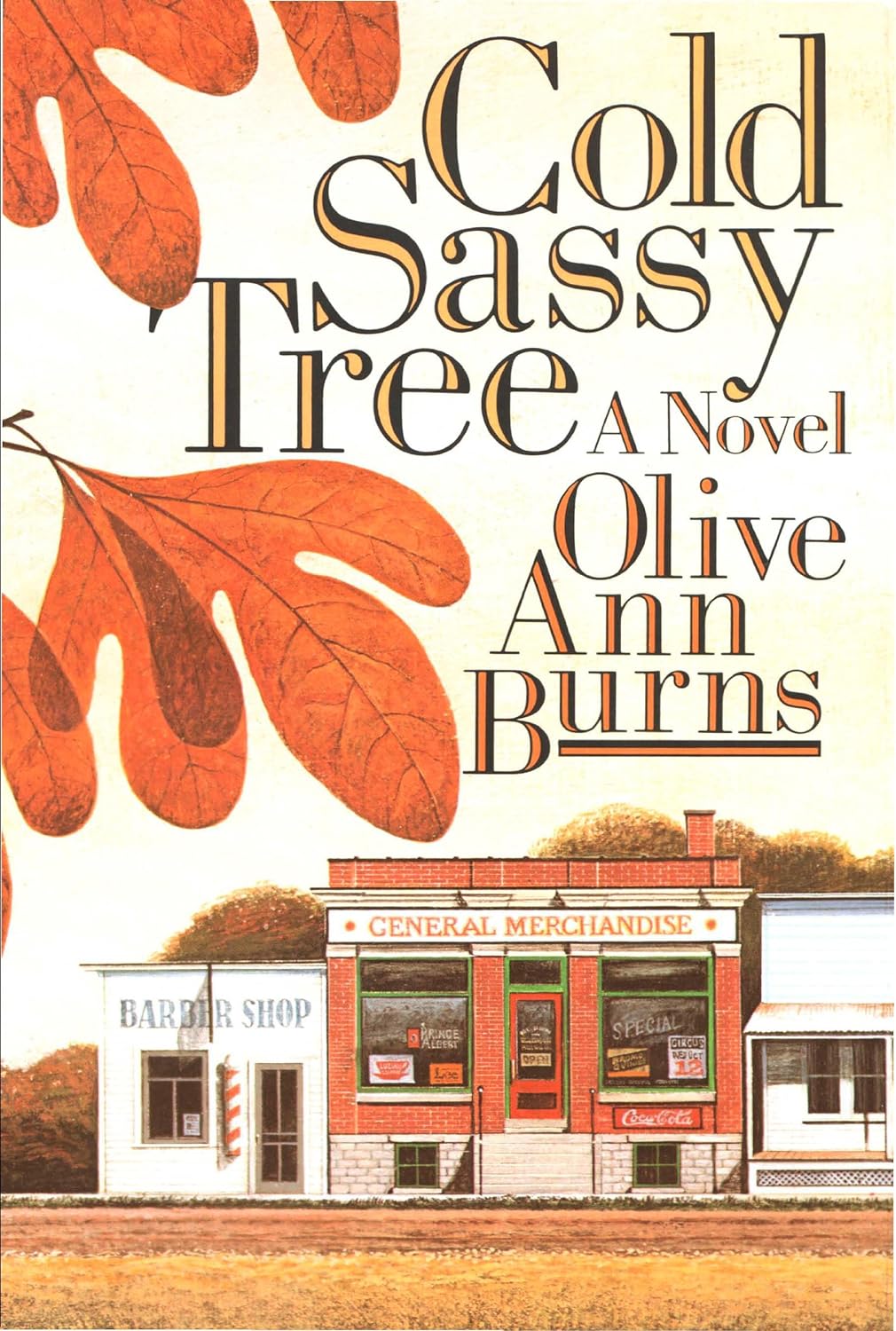Magic & Mayhem Sampler: Rule-breaking new fantasy from Tor and Tor.com Publishing,
Seanan McGuire, Cate Glass, et al. (2019)

I've downloaded free books from Tor.com before and enjoyed them to varying degrees. (Not everything is for everybody.) I did learn a lesson a few years ago when I was reading the first story in a "Best of" whichever year it was. I was getting to the end of a novelette and it didn't seem to be winding down. That's because it was a novel excerpt, which was stated upfront in plain text and I had missed it. I skipped later excerpts because I was enjoying this and didn't want to stop reading the anthology while I hunted down a copy of the book. (At this point, I don't even remember what book it was.)
I went into this knowing beforehand that there were six novel excerpts. I read two of these before moving back to other books. They were different, to say the least, the first more than the second.
Middlegame, by Seanan McGuire
Middlegame was unusual in that it had two prologues before the main story got started, and I wondered if they shouldn't've been left out of the excerpt just for clarity. It starts with "FAILURE", five minutes too late, thirty seconds from the end of the world. There are two characters, Roger and Dodger, and Dodger is injured and bleeding out. Roger can't go on alone -- and this seems to be literal. It's the end.
This is followed by a children's tale (in different type) about two children who lived on the same block but never knew each other, as they went to different schools, and such. The excerpt is from "Over the Woodward Wall" by A. Deborah Baker. Then there's a passage from an address on the Doctrine of Ethos from Asphodel D. Baker to the American Alchemical Congress in 1901. One can assume that they are the same person, even though it is revealed later in the text that not everyone knows this.
The story jumps from 1886 to 1986 pretty quickly, as Baker creates a human being, James Reed, who must kill her to carry on her work. He in turn brings life to the Doctrine. Literally. Creating a boy formed from guiding principles of the universe made flesh. And the experiment was a failure. This leads to the conclusion that the Doctrine must be two individuals, a boy and a girl. Three sets of siblings are produced over three years, and he splits the six up to grow apart (as in the children's tale), to see which pair is the actual Doctrine.
Interesting ideas, but it lost me a few times. If I run into someone else who's read this and liked it, I might seek it out so I'll have someone to talk to about it.
An Illusion of Thieves, by Cate Glass
Not your typical fantasy setting -- it's more Italian-based than medieval England or France. Except that it's Year 987 of the New Millennium: Spring Quarter, in the lands of the Costa Drago, with independencies rules by wealth and arms. Alessandro (Sandro) di Gallanos is a Mayor, but also, il Padrone, the Master, the Shadow Lord.
The viewpoint of the story is il Padrome's concubine Cataline, who was bought from a house of ill repute, which bought her from her mother for a few pieces of silver, back when she was just Romy, the oldest sibling, living in the slums. Romy is cursed with magic, which is bad. Only one of her siblings, Neri, is cursed likewise. Should anyone find out about it, it would mean death.
Romy finds out that Neri stole some gems. The father is accused (because he was the only one to know of them), but Neri took them through magic. The father confesses, to save his son -- and indeed the entire family -- because if the sniff for magic, Neri will be killed. But the father is sentenced to lose his hand and then be exiled. The family may starve after that.
It turns out that Neri had been a bit of a rabble rouser and Sandro had had him watched. He throws "Catalina" out of his home and orders her to be her brother's keeper, lest they both suffer a horrible fate.
I don't know where this one is going, but I might look for a copy of it.
Update: Since I originally posted this a month or so ago, I've seen Middlegame promoted a couple of times as something new and different, and an example of interesting word-building. Maybe. I'm still not sure that I'm going back to it. Also, both of those mentions came in my email, which is influenced by the fact that I subscribe to Tor.com's mailing list.












